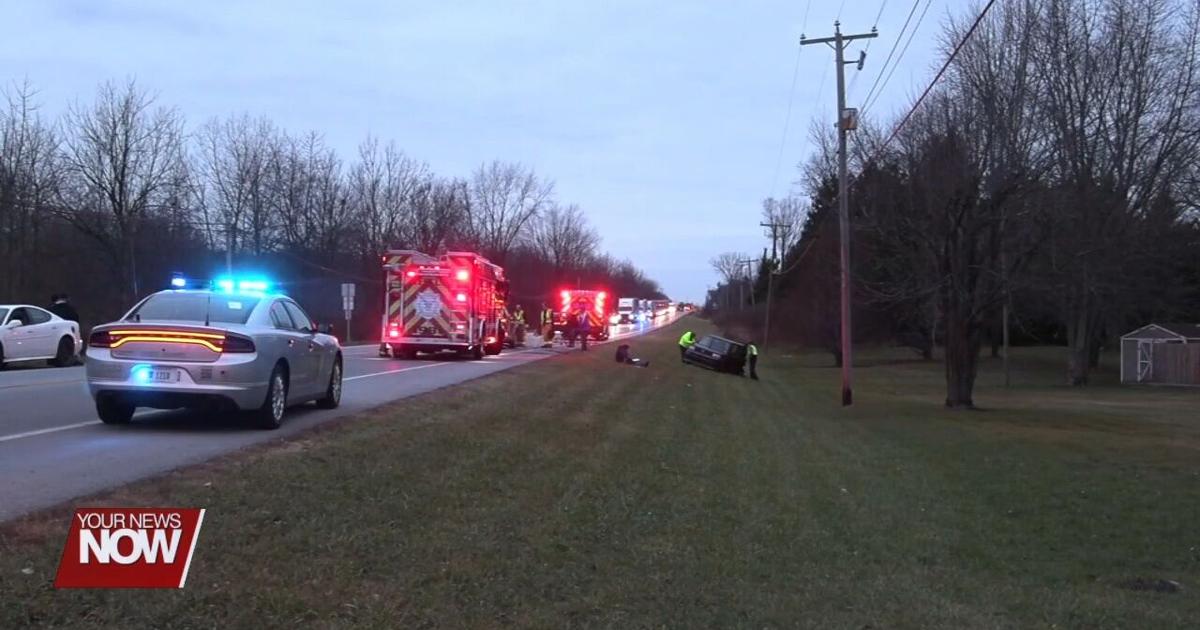Michael Soroka’s latest setback with the Chicago White Sox highlights a troubling trend in his career plagued by recurring shoulder issues. During Sunday’s game, Soroka exited after just three pitches due to right shoulder soreness, a recurring problem that has prematurely ended his previous seasons in 2022 and 2023. This injury casts a shadow over Soroka’s ability to stay healthy and perform consistently, especially considering his history of shoulder troubles dating back to his early major league seasons with the Atlanta Braves in 2018-2019.
Beyond his shoulder concerns, Soroka faced a significant hurdle when he suffered dual Achilles tendon tears that sidelined him for nearly three seasons from 2020 to 2022. Despite these challenges, Soroka managed a comeback in 2023, pitching 32 1/3 innings with a 6.40 ERA for the Braves. His resilience earned him a spot with the White Sox after being part of a multi-player trade in November, where he struggled to find his footing with a 5.25 ERA over 72 innings, leading to a demotion from the rotation in May. However, Soroka showed promise in relief with a 3.49 ERA, suggesting a potential role shift that might benefit his career trajectory.
The recent shoulder injury adds uncertainty to Soroka’s future and could influence the White Sox’s trade deadline plans. As an impending free agent, Soroka’s health and performance become critical factors for both his current team and potential suitors. A healthy Soroka as a multi-inning reliever could attract interest from teams looking to bolster their bullpen depth, potentially altering Chicago’s trade strategy in the upcoming deadline.

Turning to other developments across the American League as the All-Star break approaches, the Kansas City Royals made an early move by acquiring Hunter Harvey from the Washington Nationals. This trade underscores the Royals’ commitment to fortifying their bullpen, recognizing the necessity of giving up valuable assets like prospect Cayden Wallace and a draft pick to secure reliable relief pitching. General Manager J.J. Picollo emphasized the importance of depth and flexibility in their pitching staff, highlighting Harvey’s addition as a means to strengthen their late-game options.
Meanwhile, Houston Astros’ Lance McCullers Jr. faces setbacks in his recovery from flexor surgery, with recent reports indicating a temporary halt due to arm soreness. This setback is particularly concerning given McCullers’ injury history, which includes significant absences in previous seasons and limited game time since 2020. The Astros remain cautious about his return, considering a possible role as a reliever upon his comeback, marking a significant shift from his established career as a starter.
In Toronto, the Blue Jays’ pursuit of Joc Pederson during the offseason ended with the outfielder signing a lucrative deal with the Arizona Diamondbacks. Despite positive discussions with Blue Jays’ management, including a promising FaceTime call with GM Ross Atkins and manager John Schneider, negotiations fell short due to differences in financial terms. Pederson’s subsequent success with the Diamondbacks highlights Toronto’s missed opportunity to add a left-handed power bat, reflecting a divergence between verbal interest and practical negotiations.
As the season progresses towards the All-Star break, these developments underscore the unpredictable nature of baseball, where injuries, trades, and negotiations can dramatically reshape team dynamics and player careers. Soroka’s injury serves as a stark reminder of the fragile balance between athletic prowess and physical vulnerability in professional sports, influencing not just individual careers but also organizational strategies in a competitive league environment.

